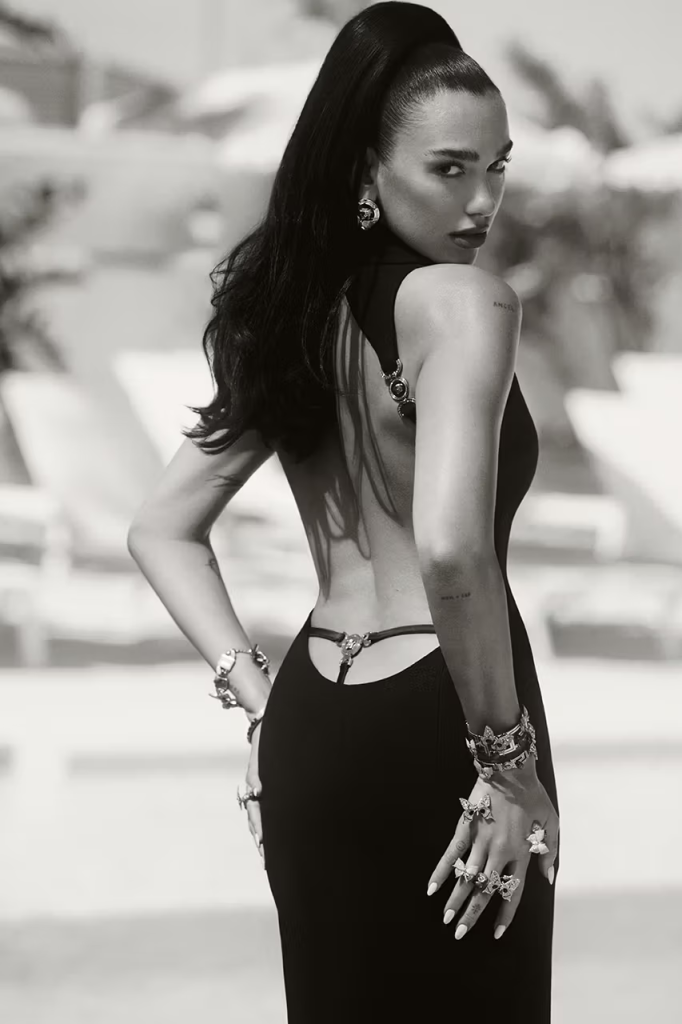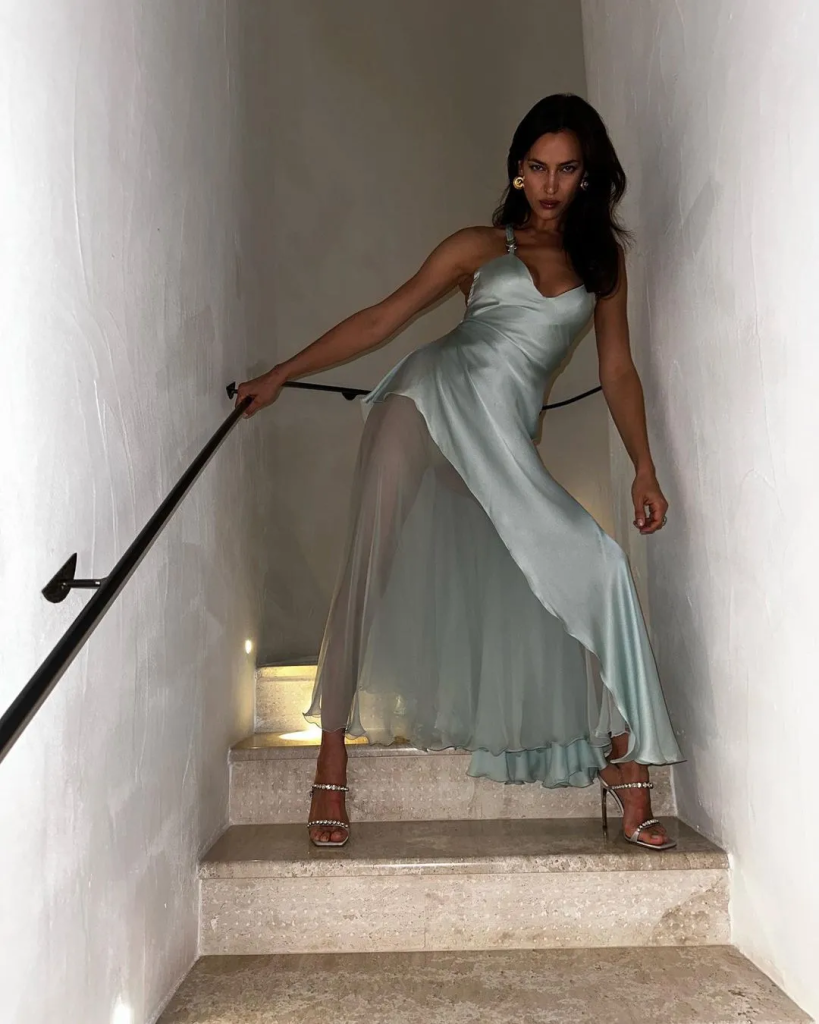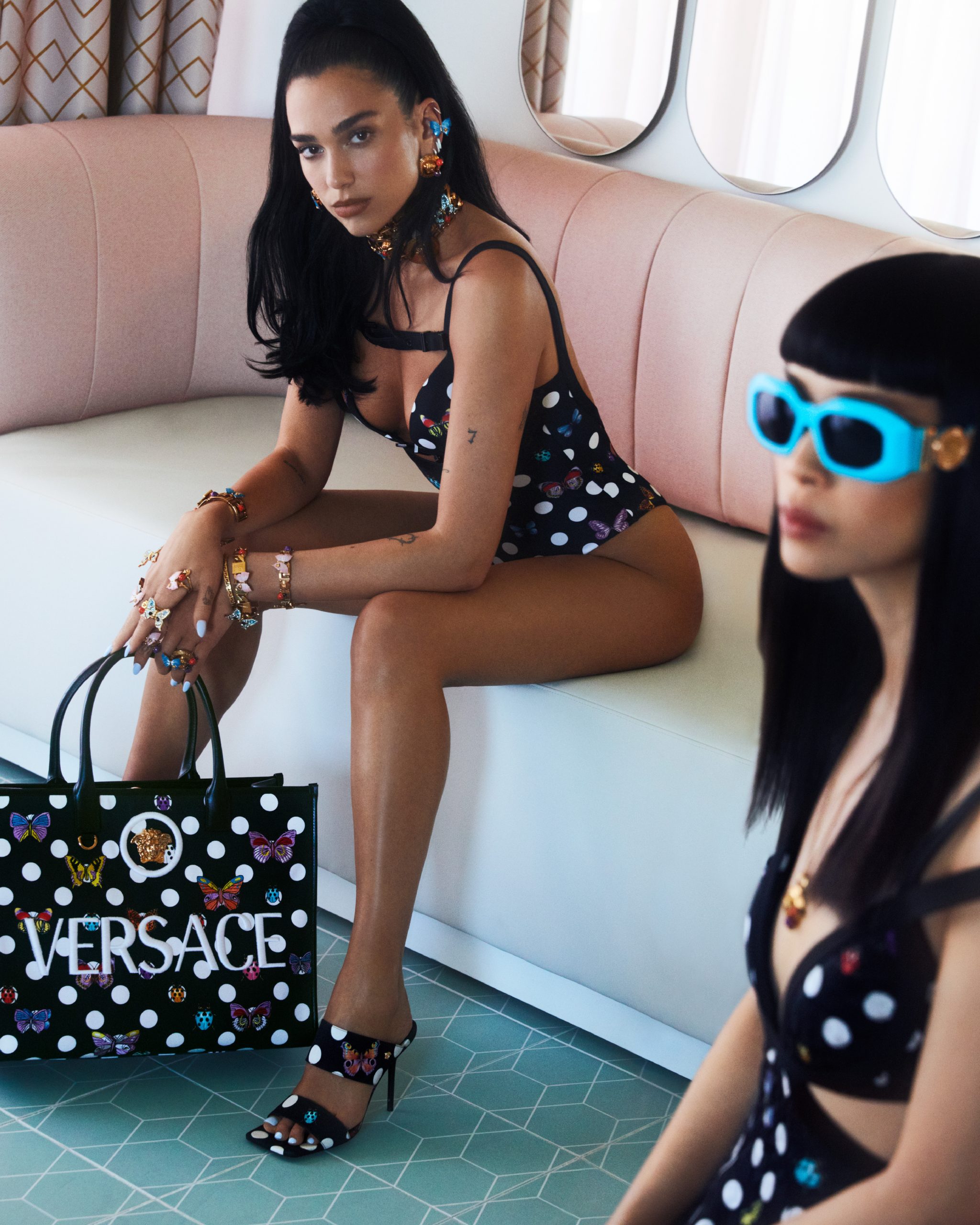Tapestry, Capri Merger Creates Luxury Fashion Giant
Tapesttry, Inc. (TPR) and Capri Holdings Limited (CPRI) have agreed to merge in a deal worth $8.5 billion. The combined company will be one of the largest luxury fashion conglomerates in the world, with a portfolio of brands that includes Coach, Kate Spade, Stuart Weitzman, Jimmy Choo, Versace, and Michael Kors.
The merger is a sign of the growing consolidation in the luxury fashion industry. In recent years, there have been a number of major mergers and acquisitions in the sector, as companies seek to gain scale and reach in order to compete with the likes of LVMH and Kering.
The Tapestry-Capri merger is expected to close in the first half of 2024. The combined company will be headquartered in New York City and will be listed on the New York Stock Exchange.

Lesser-Known Parent Companies of Luxury Brands
In addition to Tapestry and Capri, there are a number of other lesser-known parent companies of luxury brands. Here are five examples:
- Kering: Kering (PPRUY) is a French luxury conglomerate that owns brands such as Gucci, Saint Laurent, Bottega Veneta, and Balenciaga. The company was founded in 1963 by François Pinault and is now one of the largest luxury goods companies in the world.
- LVMH: LVMH (LVMUY) is another French luxury conglomerate that owns over 70 brands, including Louis Vuitton, Dior, Fendi, and Moet & Chandon. The company was founded in 1987 by Bernard Arnault and is now the world’s largest luxury goods company by market capitalization.
- Richemont: Richemont (CFRUY) is a Swiss luxury goods company that owns brands such as Cartier, Van Cleef & Arpels, and Piaget. The company was founded in 1988 by Johann Rupert and is now one of the world’s largest luxury goods companies by revenue.
- Swatch Group: The Swatch Group (SWGAY) is a Swiss watchmaking company that owns brands such as Omega, Longines, and Tissot. The company was founded in 1983 by Nicolas Hayek and is now the world’s largest watchmaker by volume.
- Hermès: Hermès (RMSUY) is a French luxury goods company that owns brands such as Hermès bags, scarves, and watches. The company was founded in 1837 by Thierry Hermès and is now one of the world’s most desirable luxury brands.

These are just a few examples of the many lesser-known parent companies of luxury brands. The luxury fashion industry is a complex and ever-changing landscape, and it will be interesting to see how the Tapestry-Capri merger and other recent consolidations impact the sector in the years to come.









